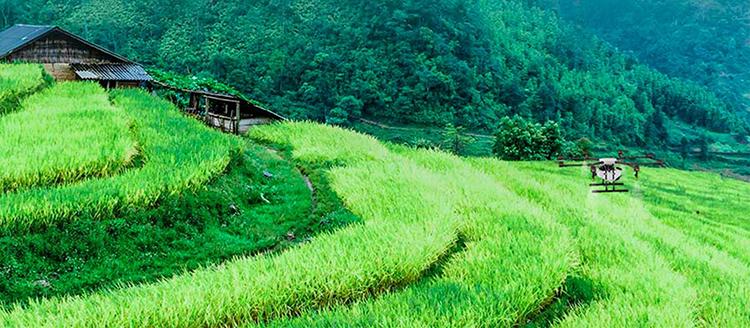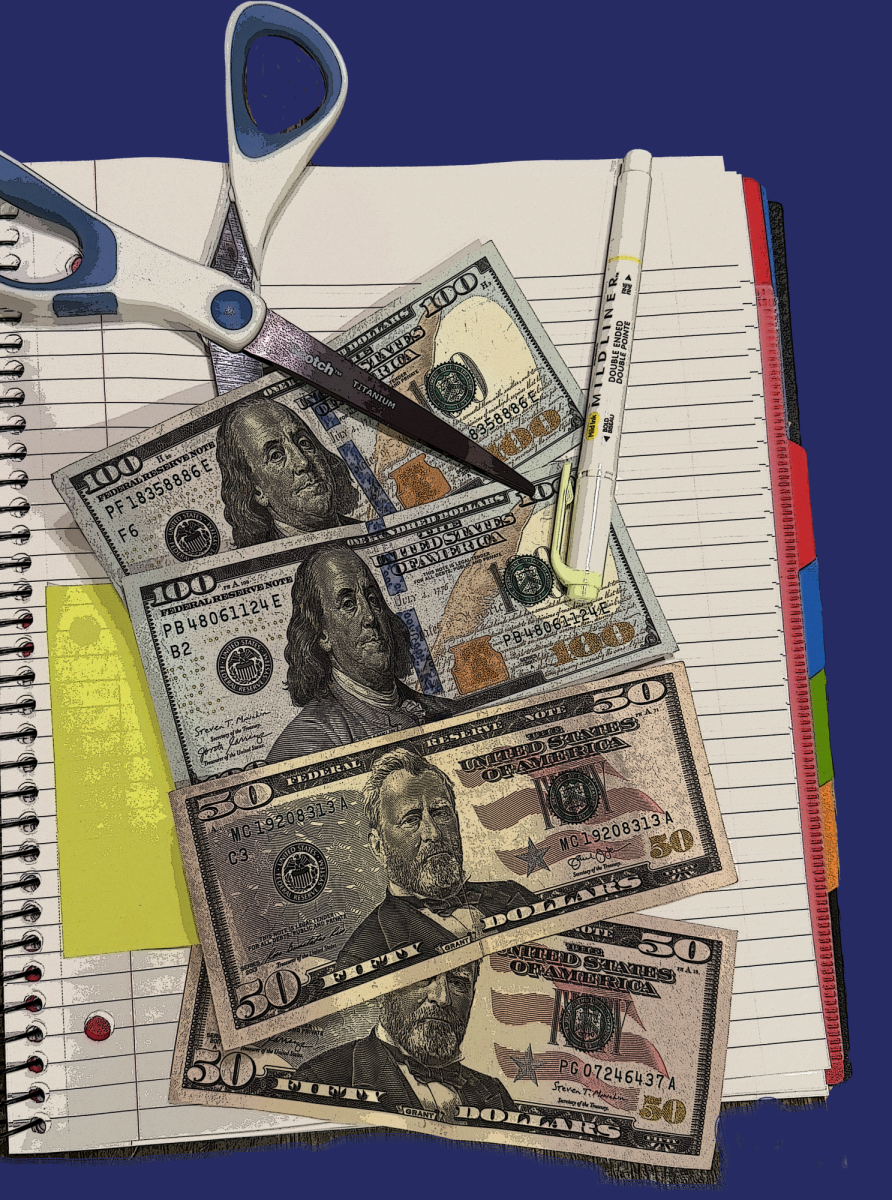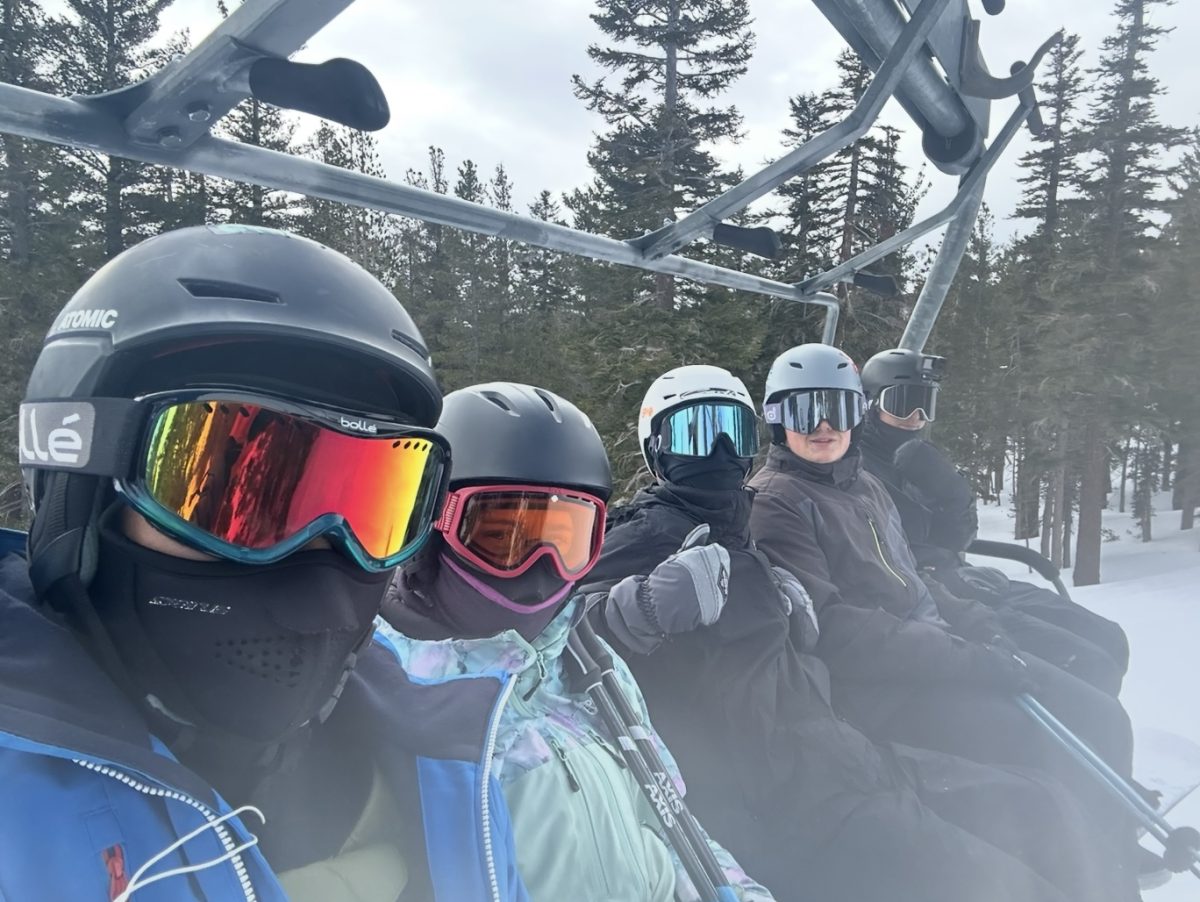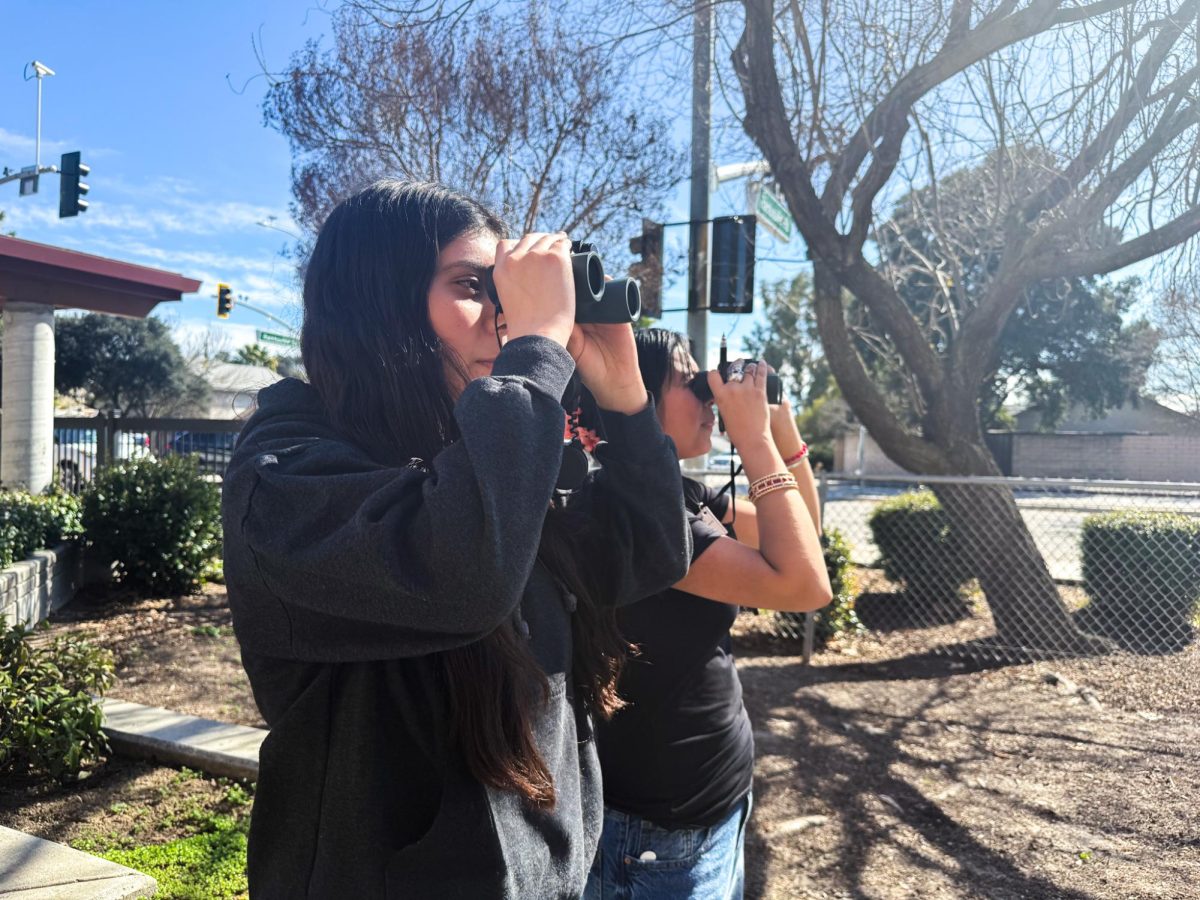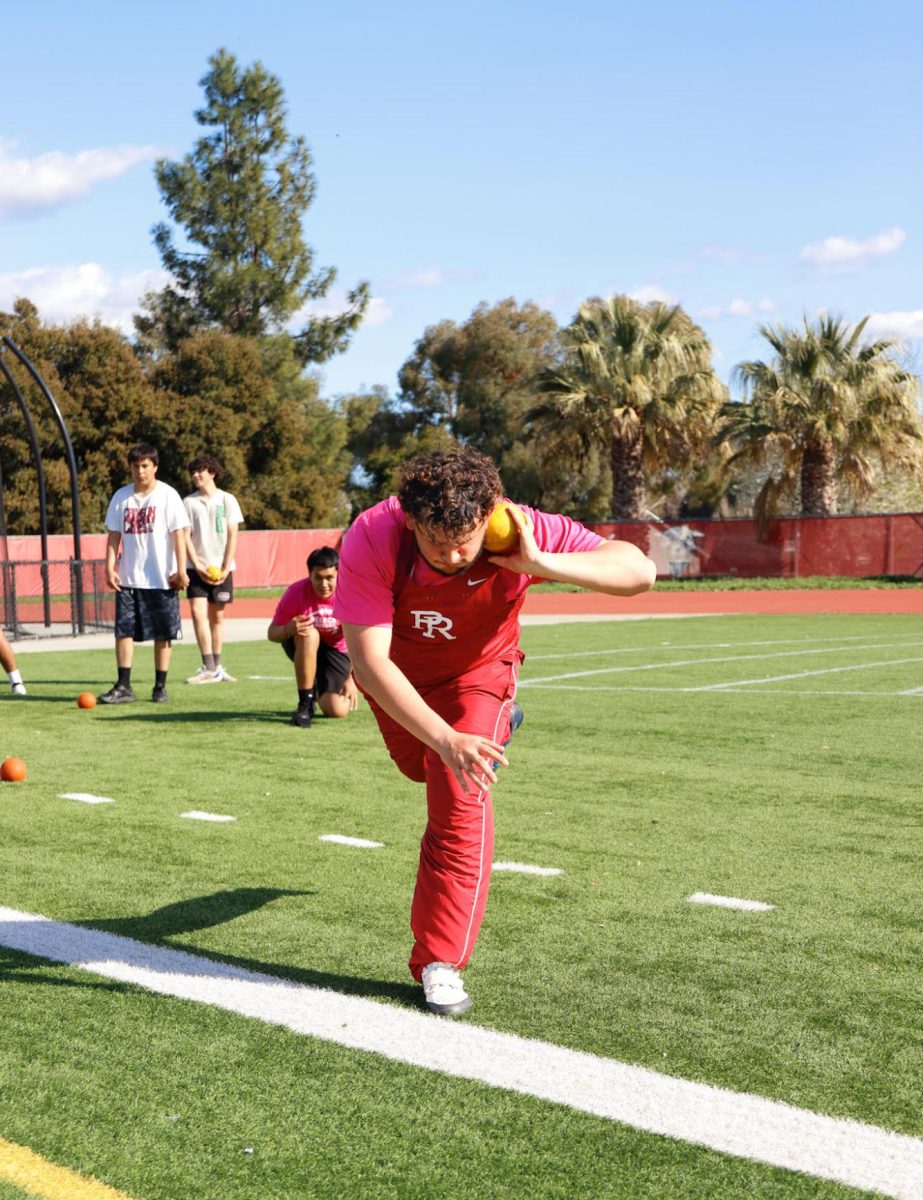New technology in agricultural drones may force farmers to become data analyzers
Drone development is coming a long way with San Francisco-based company DroneDeploy teaming alongside, a leader in agricultural equipment, CNH Industrial to create an agricultural drone that will turn farming into a data-driven profession.

Agricultural drones are a big step towards improving efficiency and crop yields, even if nature makes it hard to produce a good harvest, according to Scott Lumish, vice president of business development at DroneDeploy. For example, instead of watering full fields at a time, drones could pinpoint certain sections that need help; a big step towards conserving resources, while still cultivating a large crop.
“You can get an aerial view of how your crop is growing, without destroying crops like driving through it [would do],” said junior Austin Borden, who farms around 60 acres of barley and forge.
Farmers can use these drones to draw maps and apply filters that show a range of data all in the same day. These filters are equipped with technology that lets farmers detect parasites and fungi, generate variable rate prescriptions for nitrogen and pesticides, negotiate fair crop loss percentages, and assess clean up after natural disasters, according to DroneDeploy’s blog. They also allow real time imagery of crops and monitoring of livestock that instantly send off to a mobile device or computer at the office.
“Farmers and producers may not be able to control certain environmental conditions, but drones are an efficient way to mitigate crop health issues and improve yields,” said Lumish, in a news release. “The benefits of being able to survey both the 10,000-foot view of fields, as well as zoom in to inches above the plants, are incredibly powerful.”
All included in the CNH Industrial bundle comes a one-year, standard or premium, DroneDeploy software subscription, and a drone with an RGB camera that shoots at a resolution of 4K 60 frames per second. The drone is a DJI Phantom 4 Pro which ranges in cost on Amazon from $989.95 to $1730.00.
“It’s a cheaper, more effective way to watch over your crops with the least destruction,” Borden said.
Luckily for the farmers looking to utilize this new equipment, new looser regulations put in place by the Federal Aviation Administration states that drones for agricultural purposes do not need a permit. As long as the drones maintain a maximum altitude of 400 feet, fly during daylight or during dusk, is equipped with lights, and stay within the line of sight of the pilot, then it is perfectly legal.

Agricultural drones are not new to the scene, but new technology that mirrors the same components as smartphones have made them more accessible and easier to use. DroneDeploy lets users control drones from an app on their smartphone, rather than needing an experienced pilot. In the end agricultural drones benefit as a tool and a fun way to get the job done.
“We’d get one for fun (…) my grandpa got a drone just so he could fly it around his house, so he would probably get one so he could look at the fields too,” said Borden with a smile on his face.

